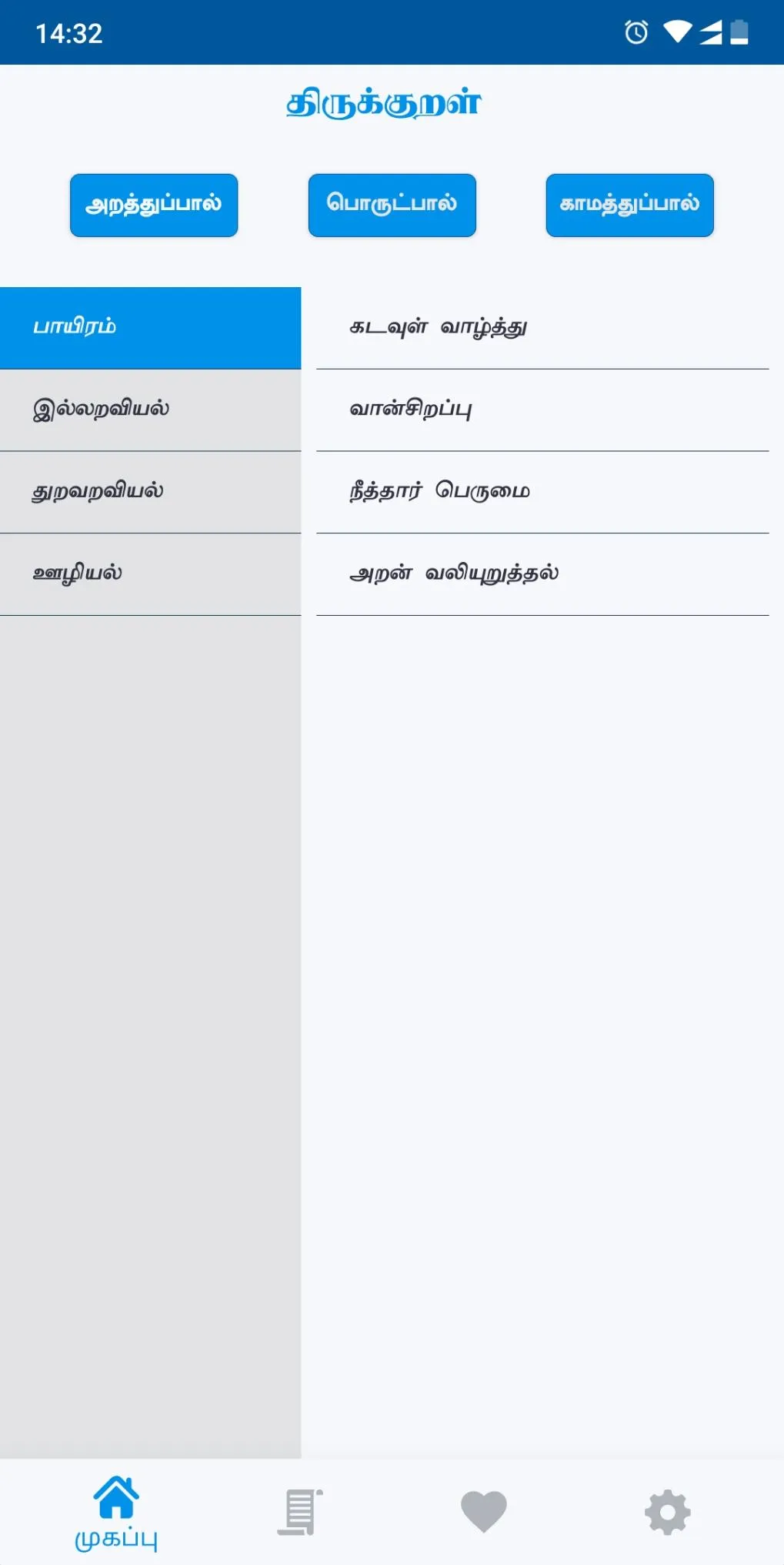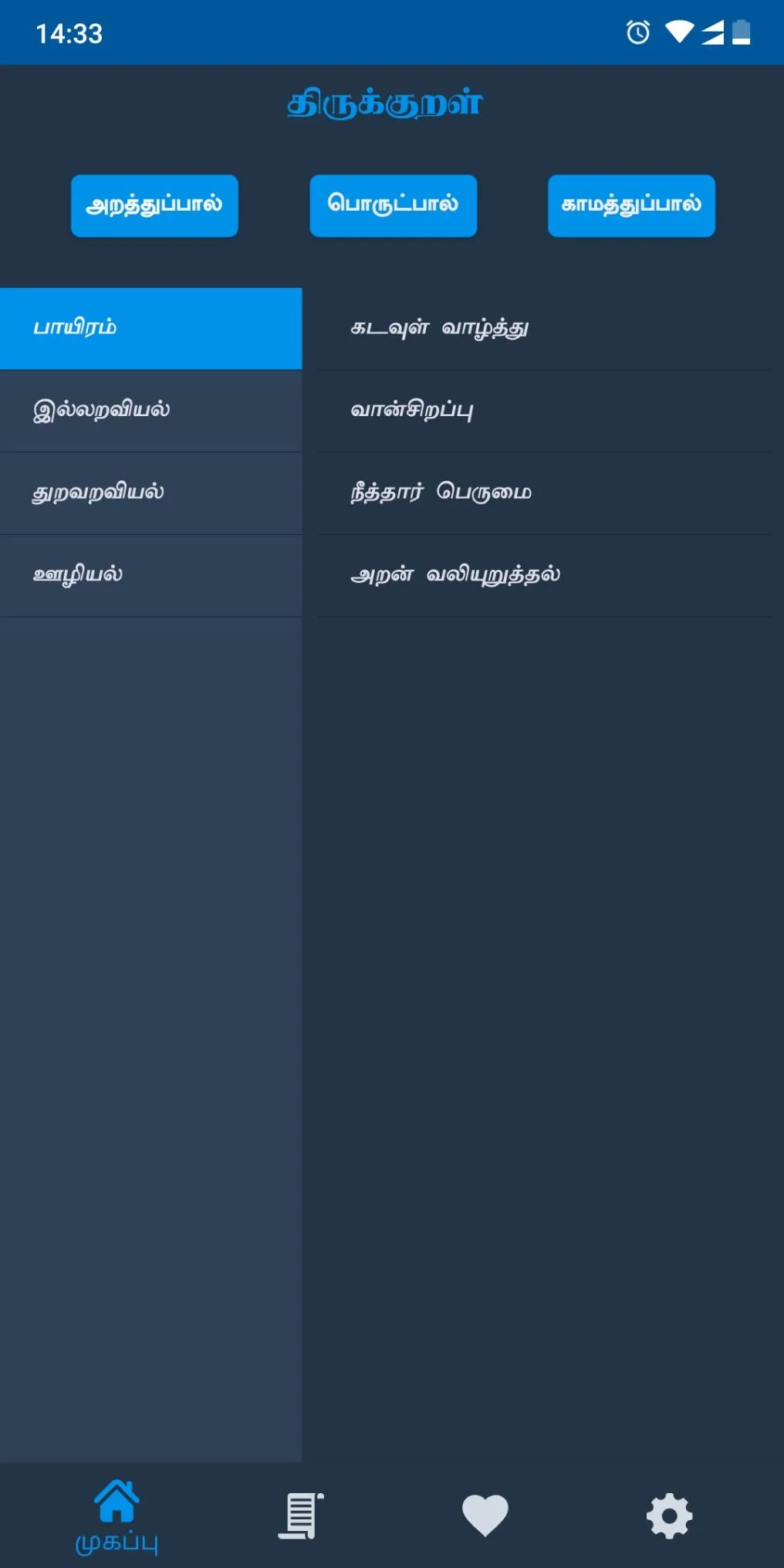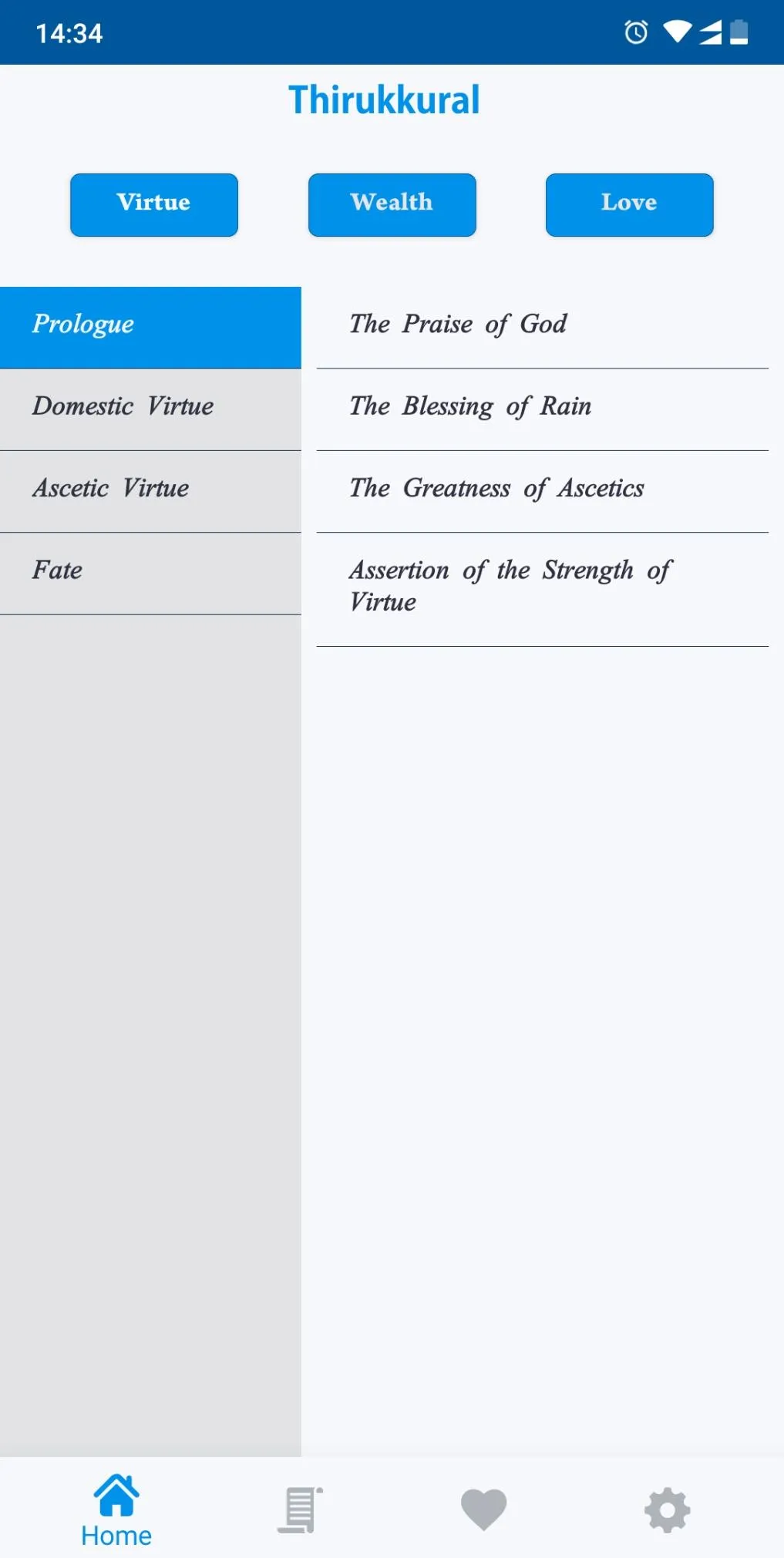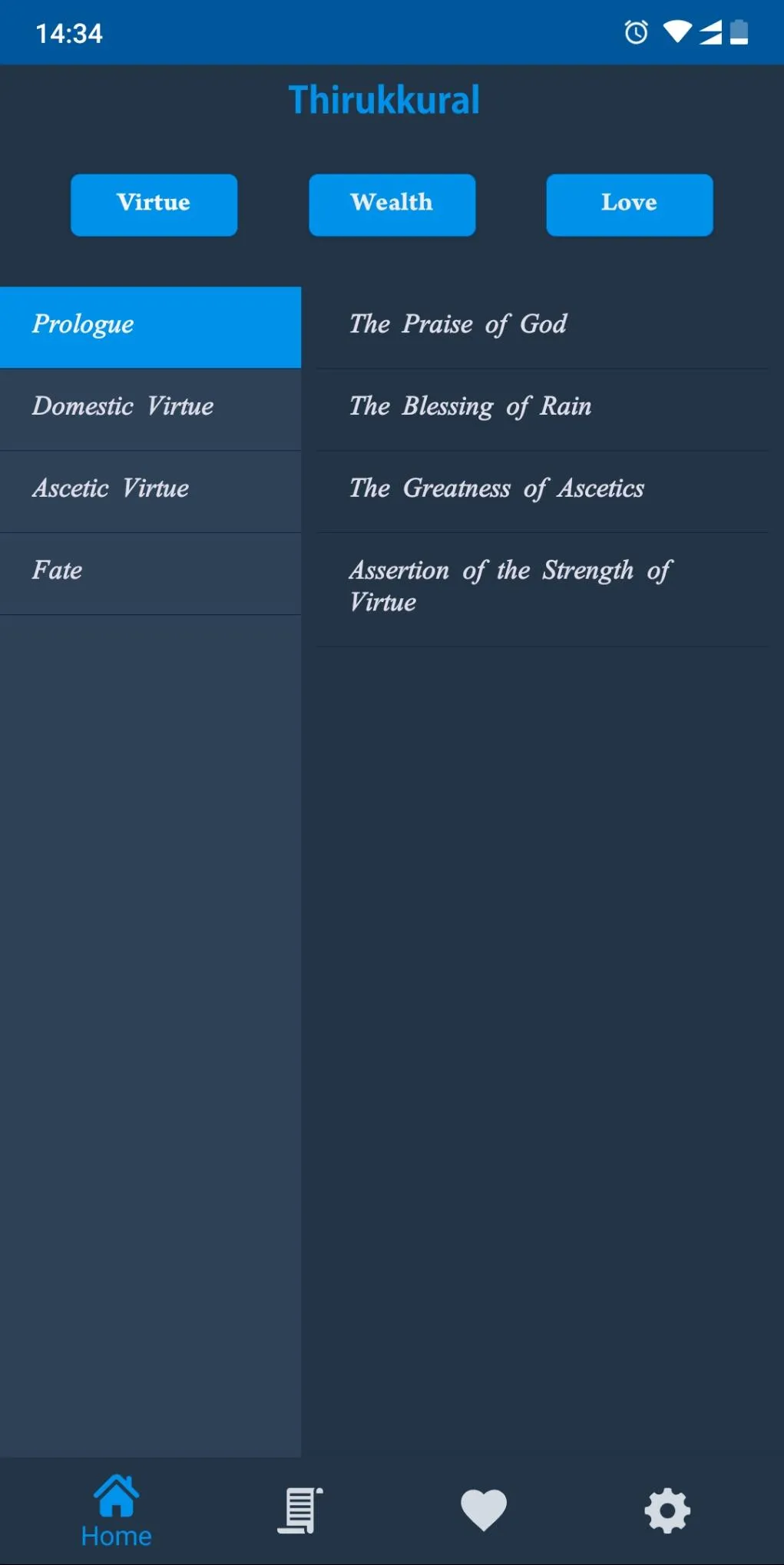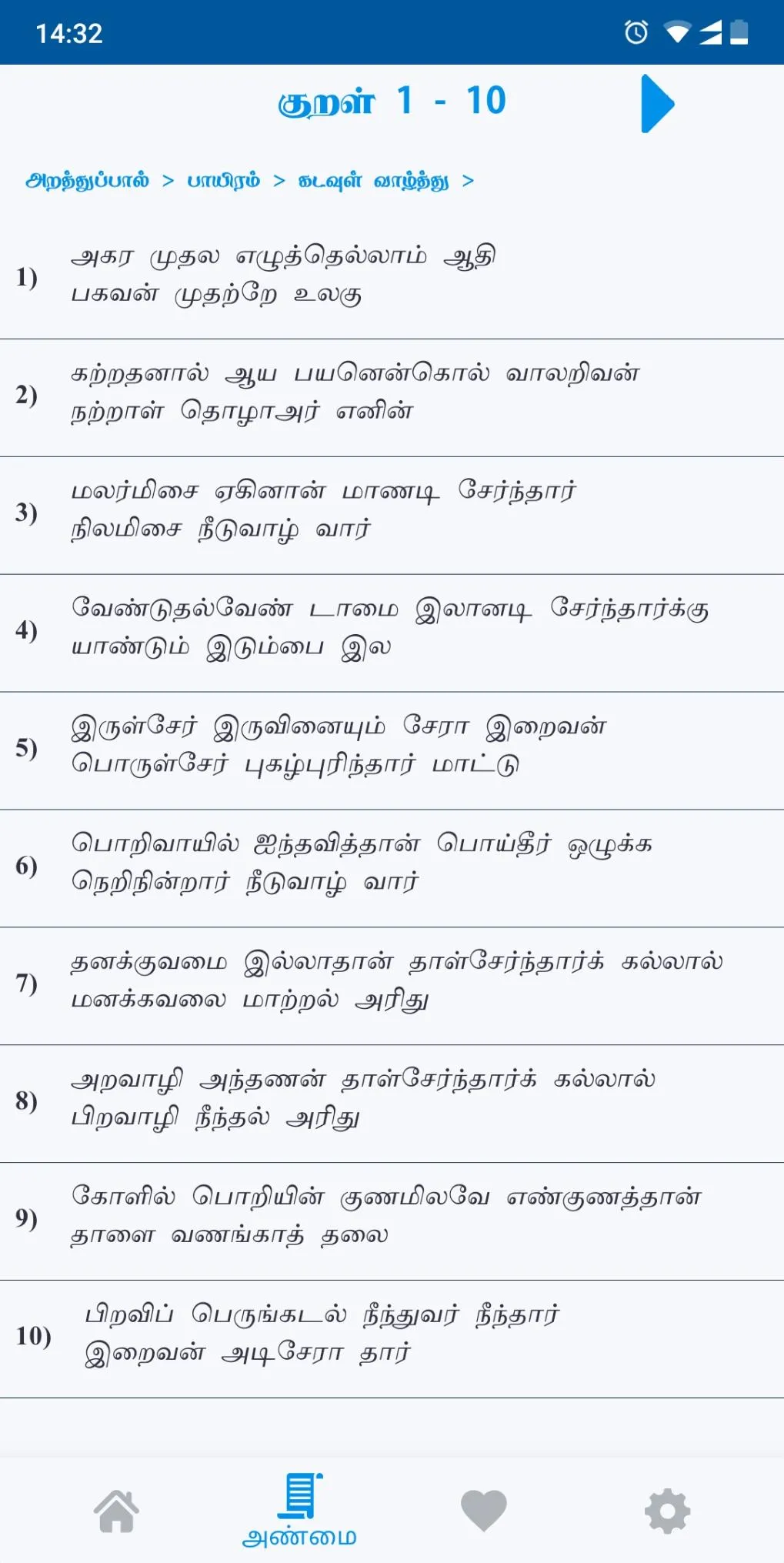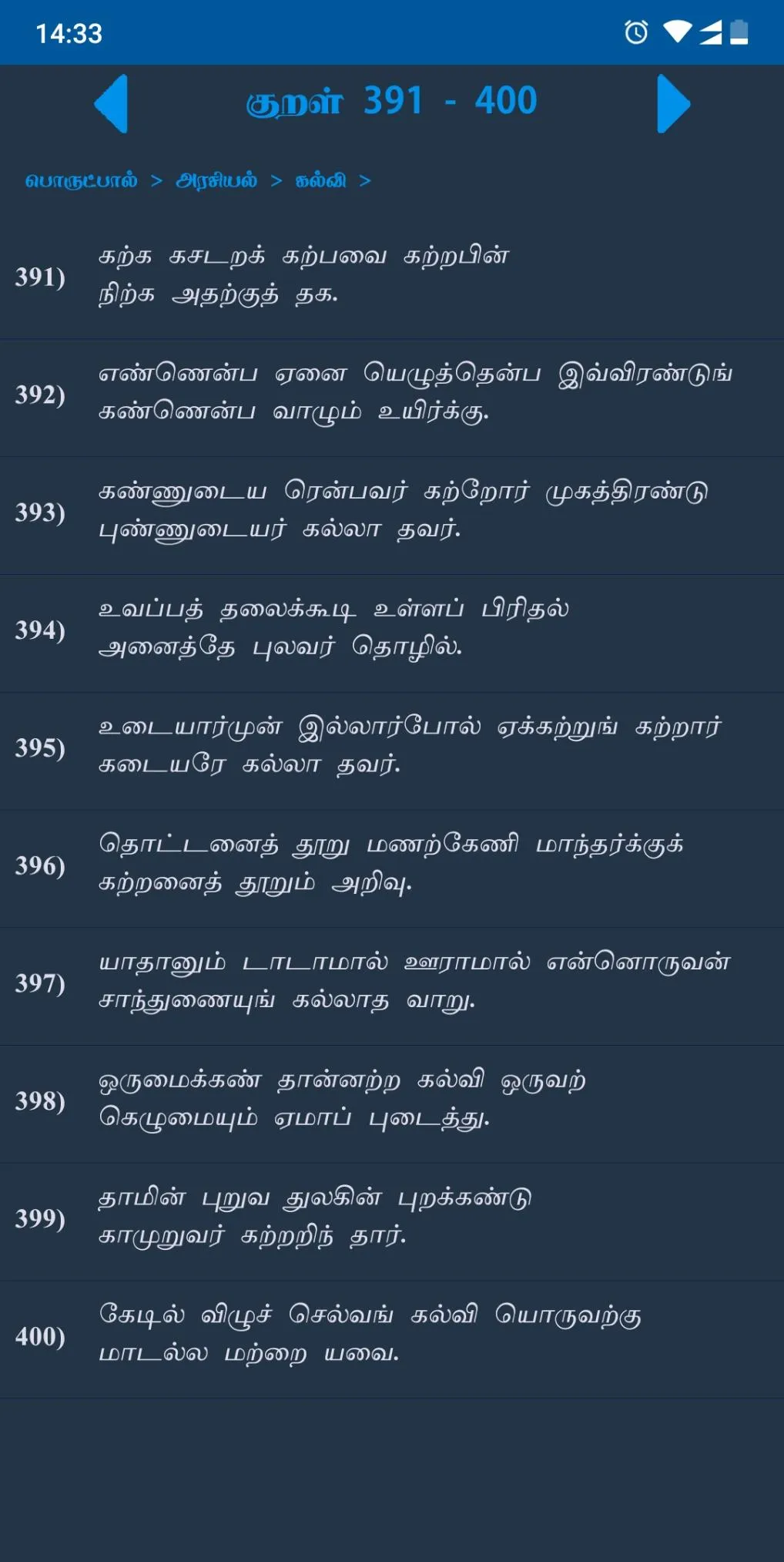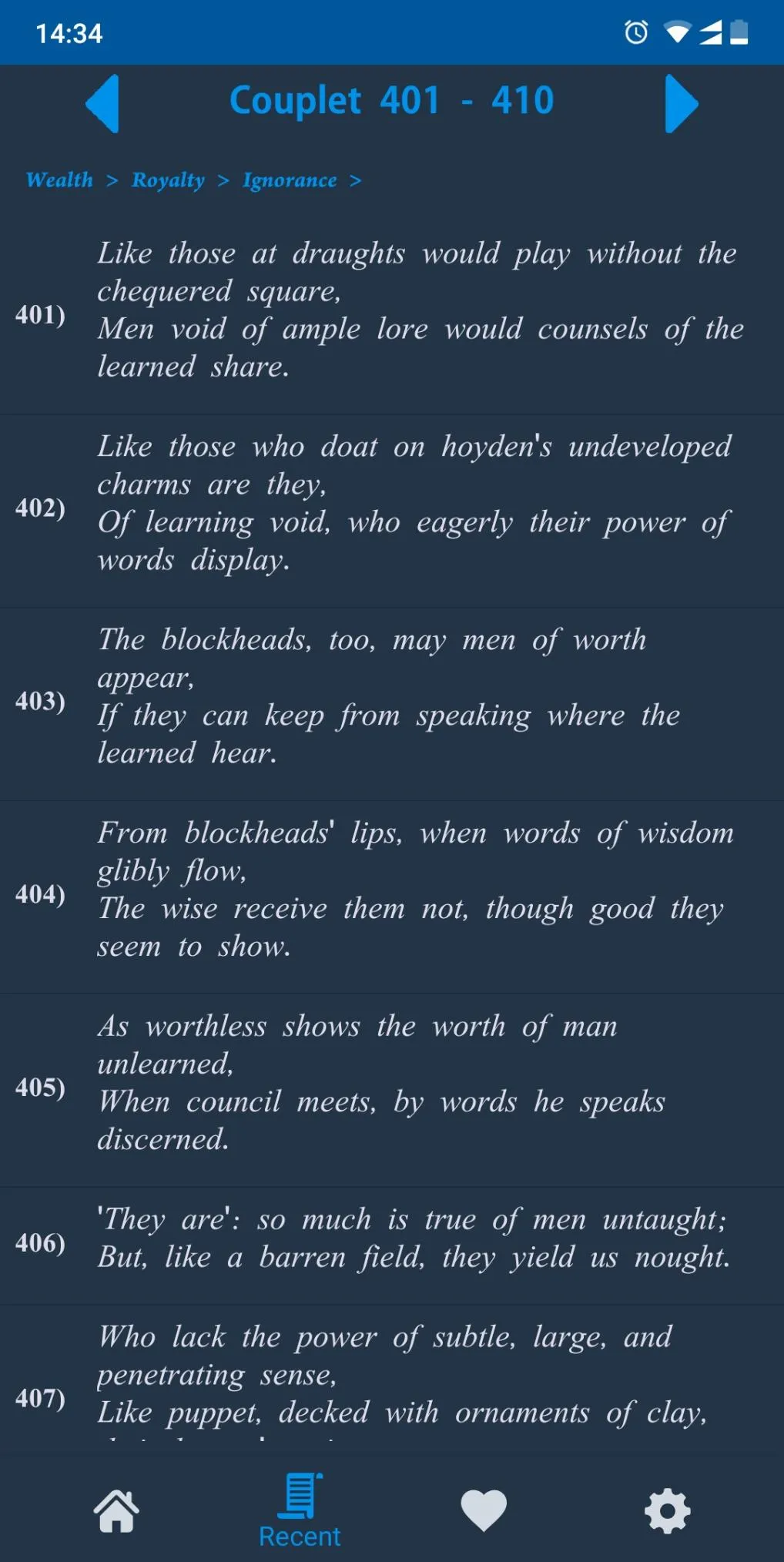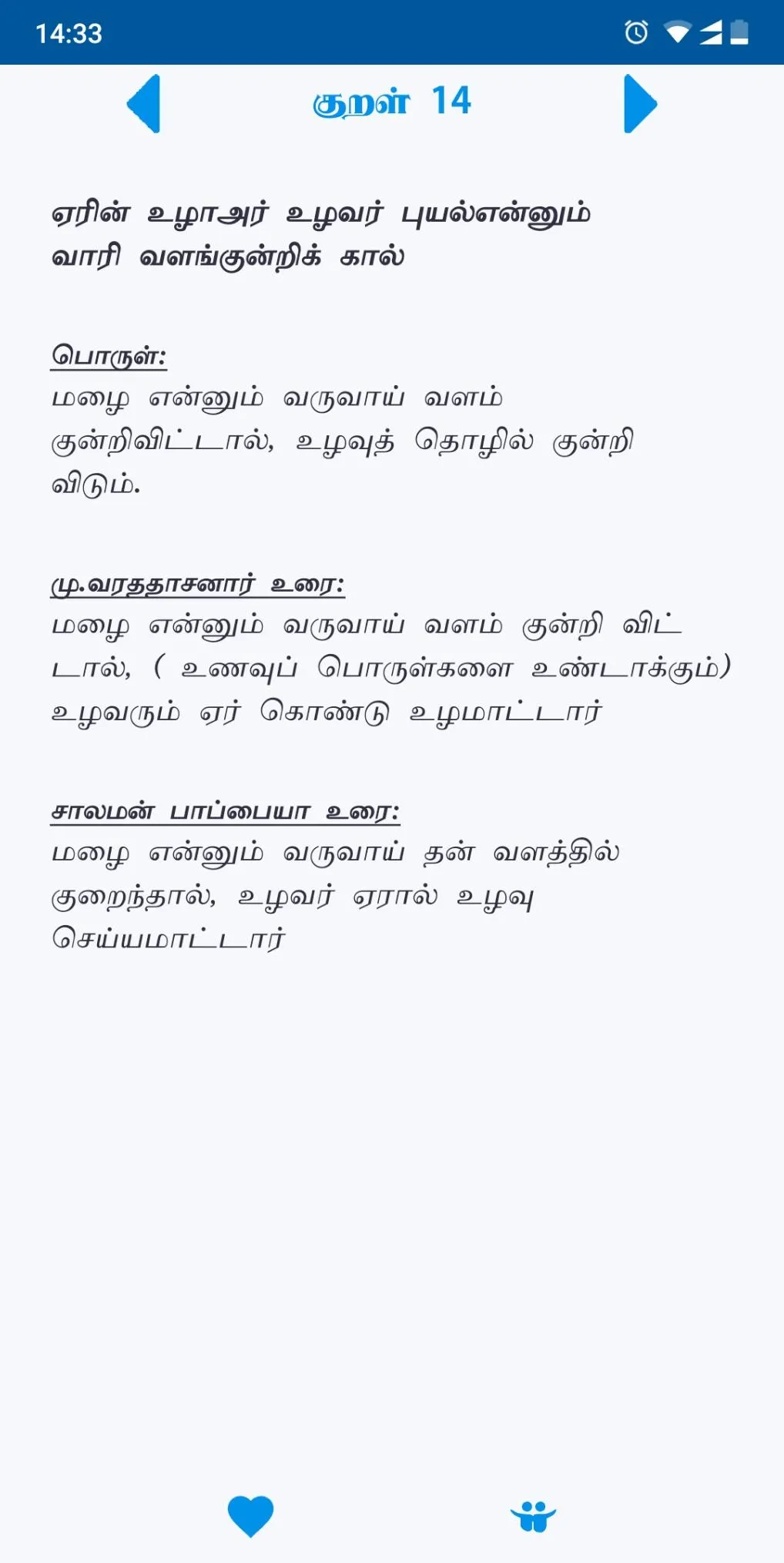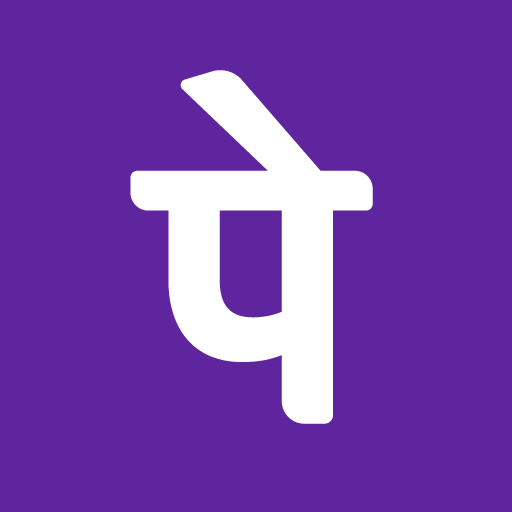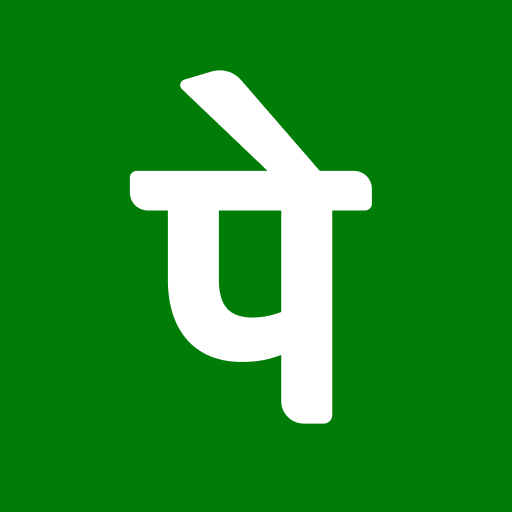திருக்குறள் / Thirukkural (தமி
thirukkural
About App
The Tirukkural, or shortly the Kural, is a classic Tamil text consisting of 1,330 couplets or Kurals, dealing with the everyday virtues of an individual. It is one of the two oldest works now extant in Tamil literature in their entirety, the other being the Tolkappiyam
The Tirukkural (Tamil: திருக்குறள், literally Sacred Verses), or shortly the Kural, is a classic Tamil text consisting of 1,330 couplets or Kurals, dealing with the everyday virtues of an individual. It is one of the two oldest works now extant in Tamil literature in their entirety, the other being the Tolkappiyam. Considered one of the greatest works ever written on ethics and morality, chiefly secular ethics, it is known for its universality and non-denominational nature. It was authored by Valluvar, also known in full as Thiruvalluvar. The text has been dated variously from 300 BCE to 5th century CE. The traditional accounts describe it as the last work of the third Sangam, but linguistic analysis suggests a later date of 450 to 500 CE. Traditionally praised as "the Universal Veda" and "the Universal Code of Conduct,"the Kural emphasizes on the vital principles of non-violence, moral vegetarianism or veganism,[a] human brotherhood, absence of desires, path of righteousness and truth, and so forth, besides covering a wide range of subjects such as moral codes of rulers, friendship, agriculture, knowledge and wisdom, sobriety, love, and domestic life. The work is commonly quoted in vegetarian conferences, both in India and abroad.[9] Considered as chef d'oeuvre of both Indian and world literature,the Kural is one of the most important works in the Tamil language and is often called "the masterpiece of Tamil Literature." This is reflected in some of the other names by which the text is given by, such as the Work of Three Books, Modern Veda, Divine Work, Faultless Word, and Tamil Veda. The Kural has influenced several scholars across the ethical, social, political, economical, religious, philosophical, and spiritual spheres. Authors influenced by the Kural include Ilango Adigal, Kambar, Leo Tolstoy, Mahatma Gandhi, Albert Schweitzer, Constantius Joseph Beschi, Karl Graul, George Uglow Pope, Alexander Piatigorsky, and Yu Hsi, many of whom have translated the work into their languages. Translated into at least 40 languages as of 2014, the Kural is one of the most widely translated works in the world. Because the life, culture and ethics of the Tamils are considered to be solely defined in terms of the values set by the Kural.
Developer info
